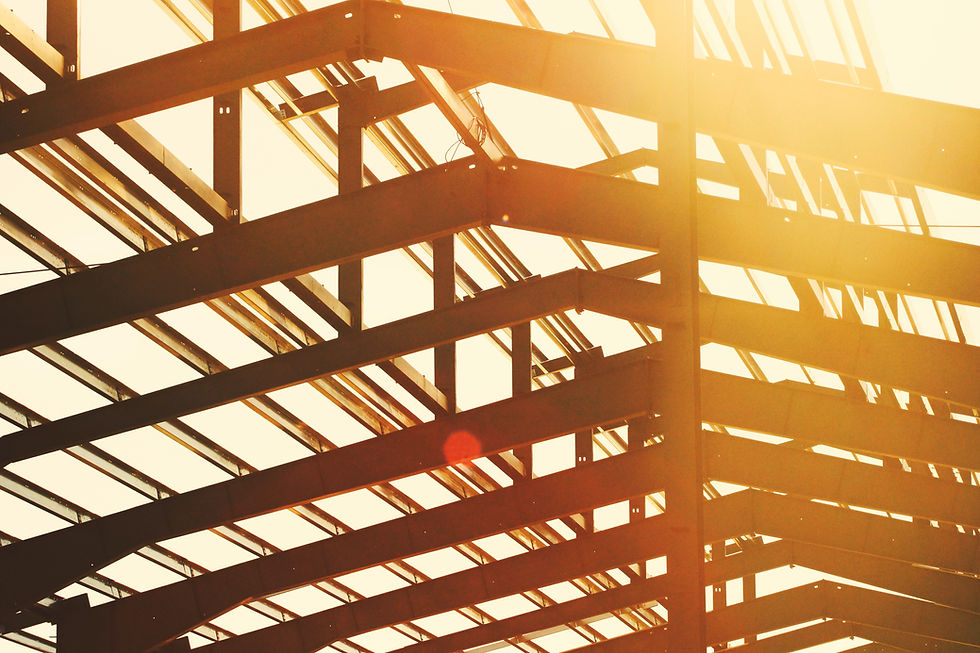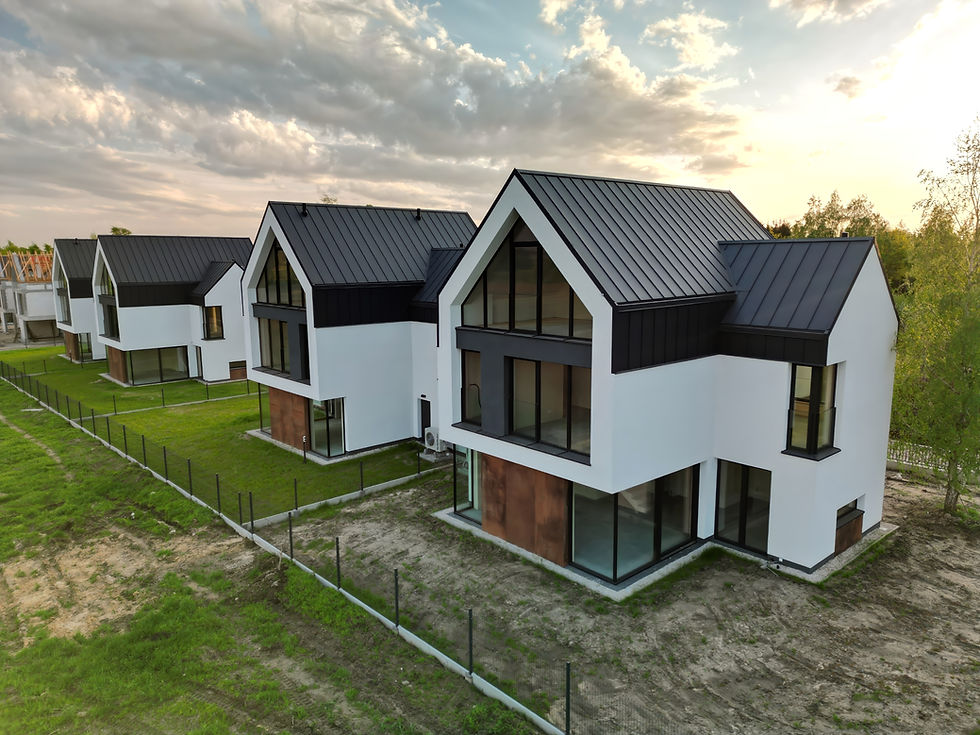Reuse Assessments & Structural Surveys for Exisiting Structures
REFEA provides specialist structural assessments to help developers, architects, and property owners reuse existing buildings and components, rather than starting from scratch.

REFEA is a joint initiative by JMS Engineers and GC Robertson, promoting sustainability through smarter reuse and practical design in structural and civil engineering across Suffolk, Norfolk, Cambridgeshire, Essex and the wider East Anglia region.
Sustainable retrofit decisions made simple across East Anglia
REFEA provides specialist structural assessments to help developers, architects, and property owners reuse existing buildings and components, rather than starting from scratch.
By identifying what can be retained, reinforced, or adapted, we reduce demolition waste, cut embodied carbon, and support planning applications with technical clarity.

Why Reuse Assessments and Structural Surveys Matter
Retaining an existing structure is one of the most effective ways to lower a building’s carbon footprint. Our early-stage input allows you to make informed decisions before committing to demolition or rebuild.
Whether it’s a Victorian terrace in Norwich, a post-war office in Cambridge, or a rural property near Bury St Edmunds, REFEA helps uncover the structural potential within existing fabric.
Our Reuse & Retrofit Services Include:

Structural viability assessments for extensions, adaptations, or change of use

Embodied carbon savings guidance for reuse vs rebuild options

Surveys for structural retention and partial demolition proposals

Pre-purchase structural reports for reuse-led development decisions

Input for planning and sustainability statements supporting reuse strategies
Who We Work With
We support:
-
Architects designing sustainable retrofits
-
Developers targeting net-zero or circular economy goals
-
Local authorities and housing associations prioritising low-carbon design
-
Private owners seeking cost-effective, sustainable adaptation
We assess the viability of retaining or repurposing existing structural elements, helping reduce demolition waste and embodied carbon.
We design integrated SuDS strategies that manage surface water naturally, reduce flood risk, and support biodiversity.
Our engineers design structures using low-carbon materials, optimised steel/concrete usage, and efficient detailing to minimise environmental impact.
We provide structural and civil input into retrofit schemes - ensuring existing assets can be adapted and extended rather than replaced.
We work alongside design teams to evaluate carbon impacts across the project lifecycle and propose meaningful reductions at the design stage.
Sustainable Design Services
Our civil and structural engineering services support low-carbon construction, resource efficiency, and long-term resilience.
Focus Areas
REFEA’s work is guided by six core principles that drive sustainable structural and civil engineering - turning practical design decisions into low-carbon outcomes across East Anglia.
Reuse First
Prioritising existing structures and materials to reduce waste and embodied carbon.

Early Design Collaboration
Involving engineers early to embed sustainability from concept to construction.

Low-Carbon Materials
Specifying materials with lower embodied carbon and designing for material efficiency.

Circular Design Thinking
Designing for adaptability, longevity, and future reuse from the outset.
%20Strategy%20(3)-min.png)
Integrated Drainage Solutions
Embedding SuDS into civil engineering for sustainable, climate-resilient developments.

Practical Sustainability
Delivering buildable, cost-conscious solutions that meet real environmental targets.

Sustainable
structures

east anglia
As structural engineers, we have a unique opportunity to influence how the built environment responds to the climate crisis. Reuse isn't just about saving materials - it's about rethinking value, preserving what works, and designing with long-term resilience in mind. Through REFEA, we hope to make reuse a more practical and achievable option on projects across East Anglia by sharing knowledge, highlighting viable approaches, and supporting early-stage design decisions.
Mark Weston
Structural Engineer, JMS Engineers
Knowledge is key to sustainable change. Explore our latest insights and technical resources:
.png)
Path to a Low-Carbon Built Environment
The built environment contributes nearly 40% of global carbon emissions, much of it through construction and materials. In East Anglia, reducing embodied carbon is critical to meeting sustainability goals. By reusing structures, designing efficiently, and integrating low-impact civil solutions, we can reshape how the region builds - and lead the way towards a net zero future.
%20Strategy%20(7).png)










